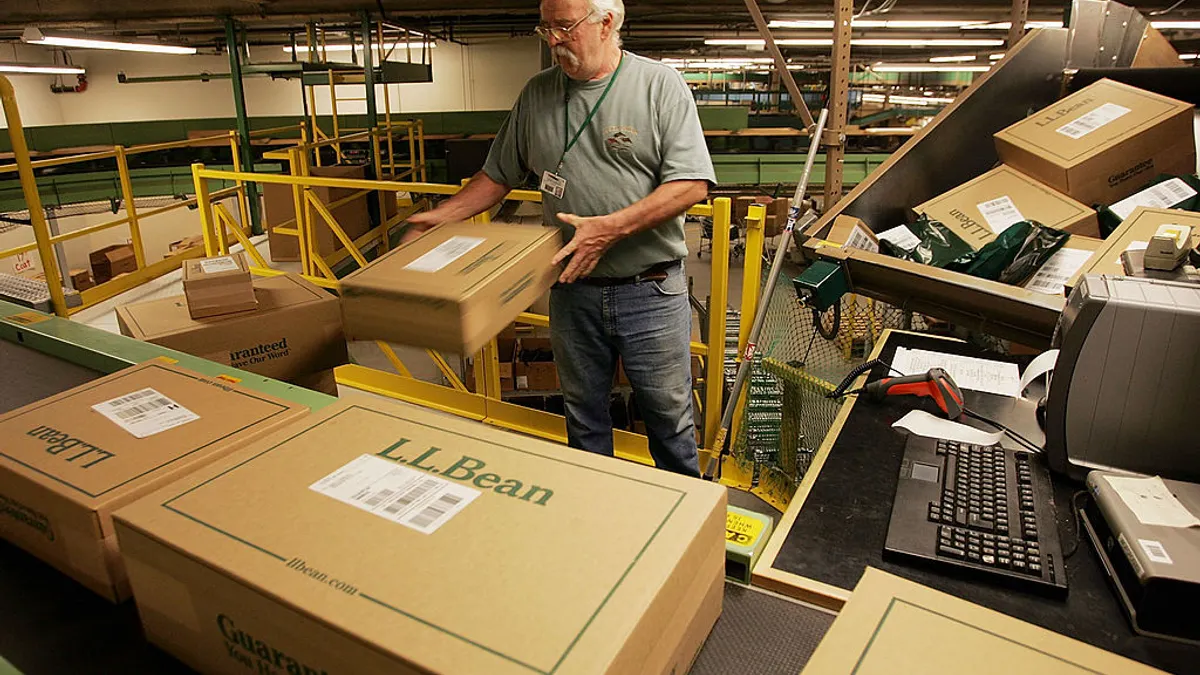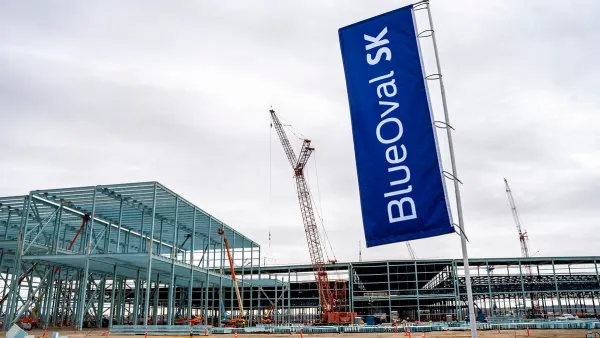While the worst of the COVID-19 pandemic seems to be behind us, “business as usual” for manufacturers has changed for good. According to McKinsey & Company, over 75% of B2B buyers and sellers “now prefer digital self-serve and remote human engagement over face-to-face interactions — a sentiment that has steadily intensified even after lockdowns have ended.”
With that shift, the importance of relevant, personalized site search is only growing for manufacturers. In a survey by Master B2B, 61% of B2B sellers said they've lost sales because their site search wasn’t up to par. A similar number (59%) said a lack of personalization on their sites has hurt sales.
Is an outdated search experience frustrating customers on your own website? Here are five issues that are warning signs:
- Search can’t handle complex catalogs
Manufacturers often have vast catalogs. If your search technology is outmoded, a customer searching for, say, the SKU ABC-123456LM could get a list of results that includes everything with ABC and 1233456LM. That’s pretty overwhelming. Today’s B2B sites need machine learning to support critical capabilities — such as dynamic navigation, automatic relevance tuning and intelligent faceting — that narrow search results. - Search fails to leverage customer history
Manufacturers have something a lot of B2C companies would envy: returning customers who log into their accounts before they search. This doesn’t mean much, however, if you aren’t using a customer’s behavioral history on your site to impact their current interactions. For example, a buyer of scientific or engineering equipment may not remember the exact name of the item they need to buy, but they have a partial part number. Their history on your site should influence what comes up in their search results. If it doesn’t, you risk frustrating the customer and sending them in search of a more personalized site experience. - Rich content doesn’t appear in search results
It’s not just returning customers who will sour on your site when the search function underperforms. When potential new customers visit your site, they’re often trying to gain a deeper understanding of your products and how to use them. Search should lead these prospective buyers down a product education path to enable their purchase. If your site search doesn’t return informative content that helps guide complex purchases, you are leaving sales on the table — not to mention the chance to turn first-time visitors into loyal returning customers. - Search can’t respond in real time
Whether a customer is logged in or visiting your site for the first time, they’re emitting real-time signals as they research and evaluate. If your site search isn’t capturing and learning from those signals, that makes it harder for customers to get to the items they want. For example, buyers should be able to narrow a set of results as they go, with the facets dynamically reordering and changing based on the product category and filter selections. - Search doesn’t enable merchandising
Site search shouldn’t just make it easier for customers to find what they need. It should also empower manufacturers to serve specific business goals. For example, can you boost or bury SKUs to surface high-margin products?
Speeding the path to transformation
Solving these problems might seem daunting, but it doesn’t have to be. Coveo harnesses the power of machine learning to help manufacturers deliver a better ecommerce experience that increases profitability. To learn how to bring your company’s site search into the future, download the free ebook “Why Search Is Strategic in Manufacturing.”










